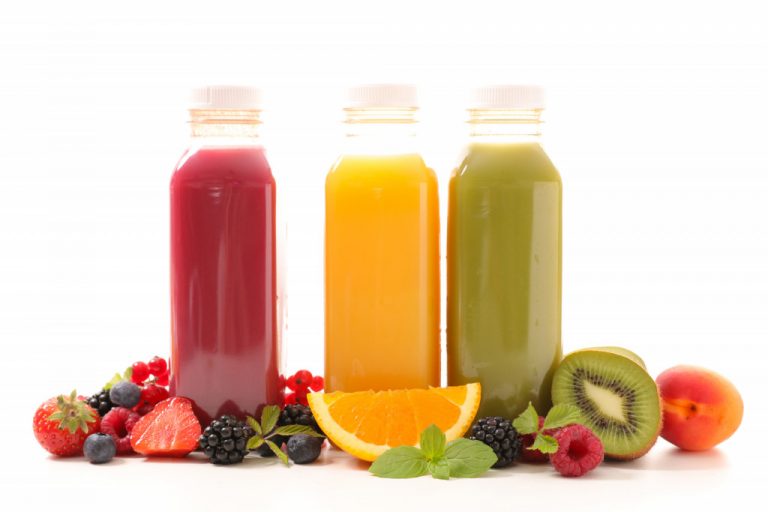Summer is here, which means people are more likely to want to have some refreshing drinks by the pool or during barbecue parties. But if we’re honest, bottled juices aren’t just in demand during warmer months. A 2018 study found a growing demand for healthy and organic drinks, which your run-of-the-mill supermarkets can’t necessarily provide. If you love refreshing drinks and want to earn from this passion, here is a step-by-step guide to starting your own juice business.
Decide on a niche
While you can certainly expand your categories as time goes on, it’s good to start small since you need to be more conservative with your expenses in the beginning. Here are some specific niches you can cater to:
- Organic and all-natural juices
- Shakes
- Boba milk tea
- Craft beer
- Energy drinks
There is no shortage of the kinds of drinks you can explore, but whichever you choose, make sure it’s a category you’re knowledgeable and passionate about. If you already have a general knowledge about your niche, you’ll spend less time on research and development. And if you’re passionate about it, you won’t easily get tired of making them every single day.
Draft a business plan

Even if it’s a small business that you’re building from your kitchen, you will still benefit from a detailed business plan that includes the following:
- More background on your chosen niche
- Operating expenses
- Profit projections
- Public relations (PR) and marketing strategies
- Research and analysis on direct competitors
- Information on potential suppliers
- Data on your target demographic
If you aim at nothing, you will hit it every time, as they say. This is why it’s important to set specific goals through your detailed business plan—it will help chart your path as you build your business from the ground up, and it will keep you from distractions and non-helpful steps.
Come up with recipes
Now comes the fun part: Actually coming up with unique recipes. When deciding on your menu, make sure that you come up with flavors that consumers won’t necessarily find in their local groceries or supermarkets. Otherwise, there is no incentive for them to choose your brand. Don’t go for obvious combinations like mango and banana; experiment with different flavors that most people won’t try off the top of their head, like strawberry and carrot. Don’t be afraid to mix and match—it’s the only way to set your juice business apart from others.
Choose a supplier
There are plenty of produce suppliers you can run to for your ingredients. If you are starting a craft beer business, suppliers like U.S. Strata Hops provide various citrus flavors. If you’re looking for fresh fruits, you might be able to find luck in your local farmers’ market, where you can consult with farmers on their rates.
Bolster your social media marketing

While you can certainly plan to find a physical location to sell your products, e-commerce is a cheap resource that can allow you to make sales without having to immediately pay for rent. Here are some key steps to good marketing for your business:
- Choose a catchy brand name, logo, and tagline. Go for a cute bun non-offensive pun, keep it simple and unambiguous, and don’t overthink it. You don’t find anyone wondering what Jamba Juice is selling.
- Don’t feel like you have to immediately invest so much money in marketing. Platforms like Canva and Fiverr are great resources to find excellent designs. But before you decide on your brand identity, make sure that you’re not violating any existing copyrights. One example of this is the juice brand John Lemon, which was forced to rebrand when John Lennon’s widow Yoko Ono threatened legal action. Better safe than sorry.
- This is where research on your target customers comes in. It’s imperative to know their values, interests, purchasing decisions, and other pertinent information so you can come up with content that engages them.
- Another key step in your social media marketing is using targeted ads. Platforms like Facebook, Instagram, and Twitter offer paid advertising, and it’s a valuable tool for you to expand your reach.
- Consider sending samples of your products to social media influencers. You never know if any of them will feature your products on their social media accounts.
When you find that your business is starting to profit even through social media, start building an excellent website. Then maybe eventually, you can find a stand to sell your drinks. Take it one step at a time so that pressure doesn’t get to you, and believe your business can keep growing as long as you work hard.




